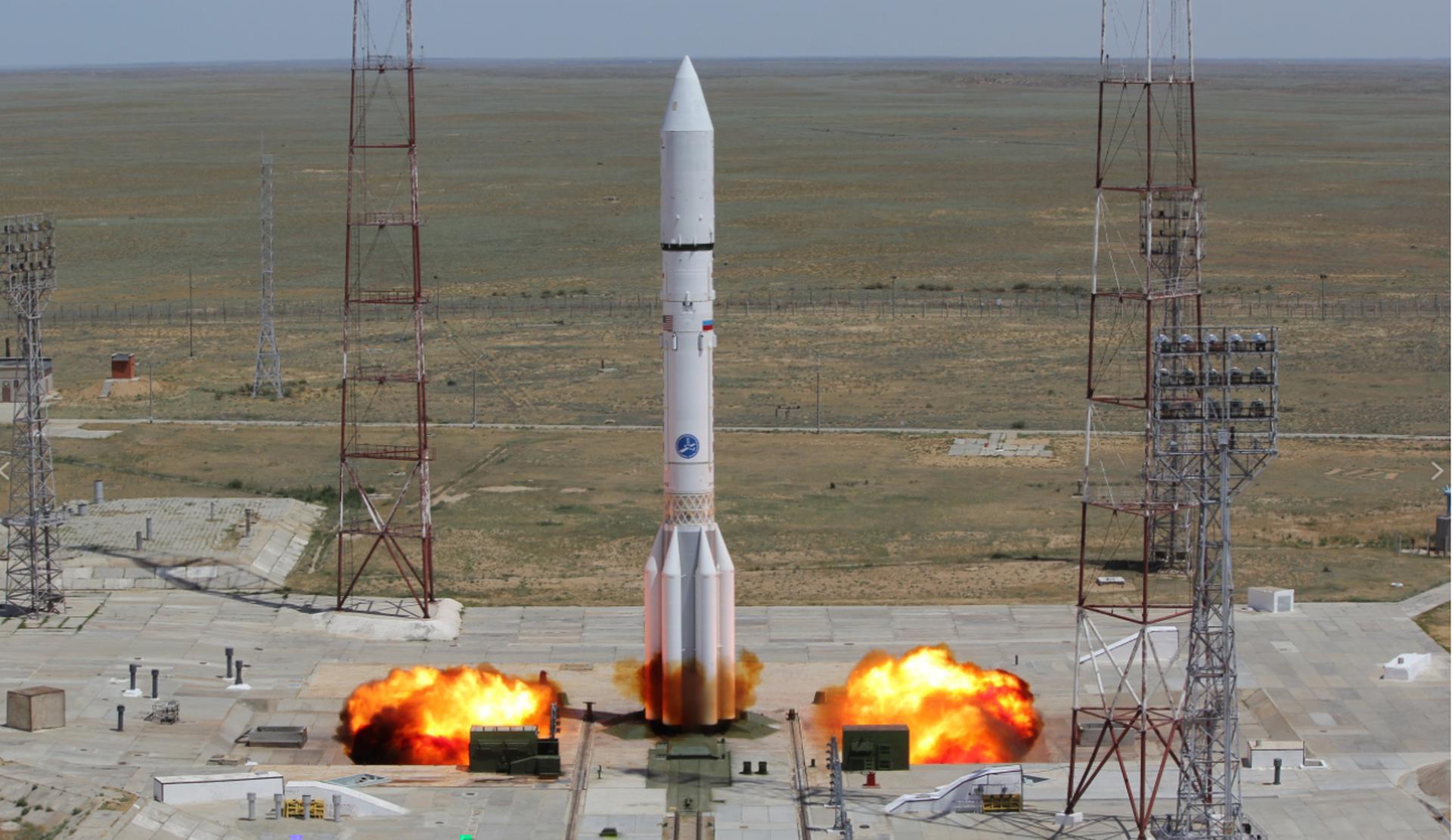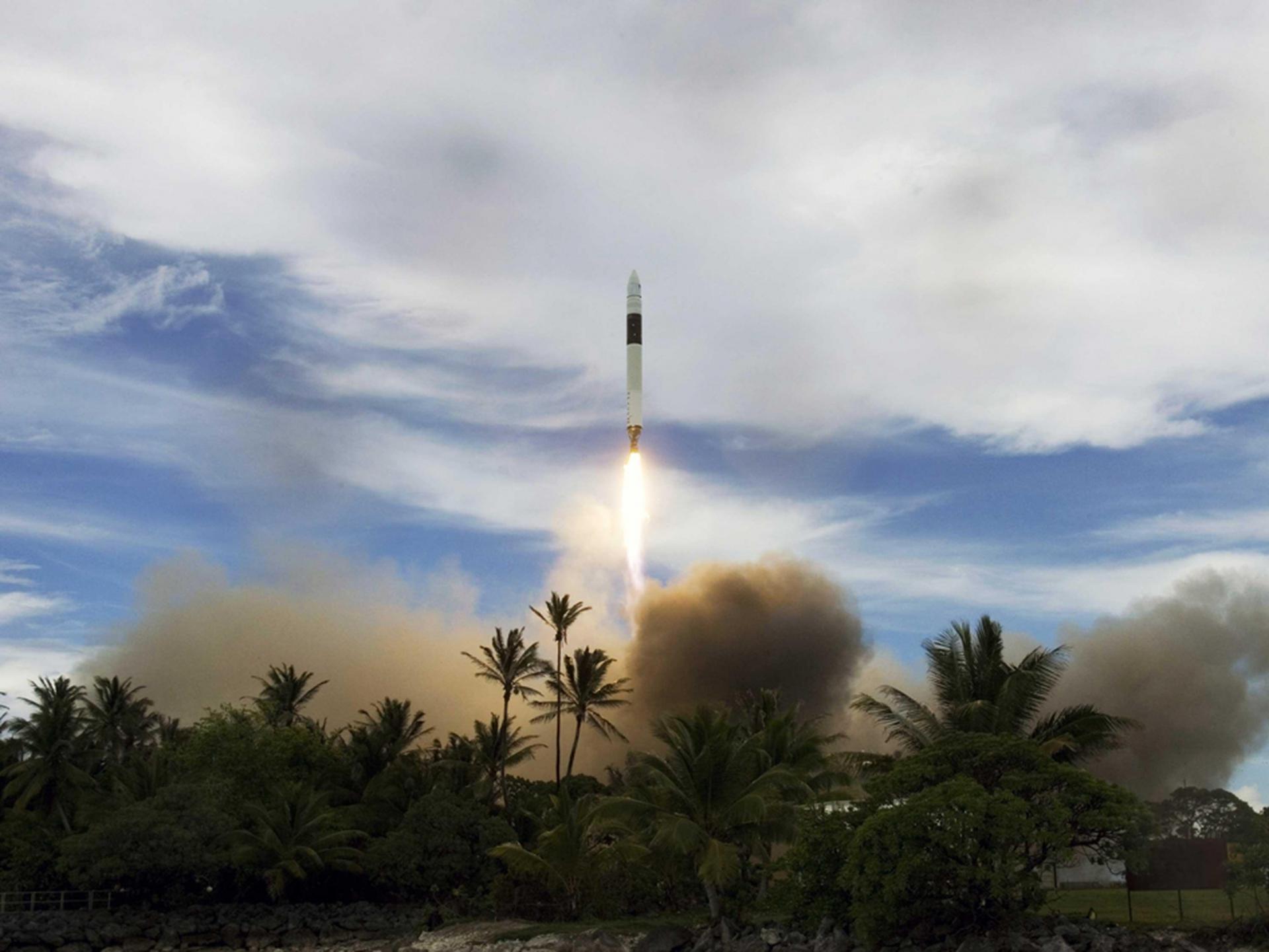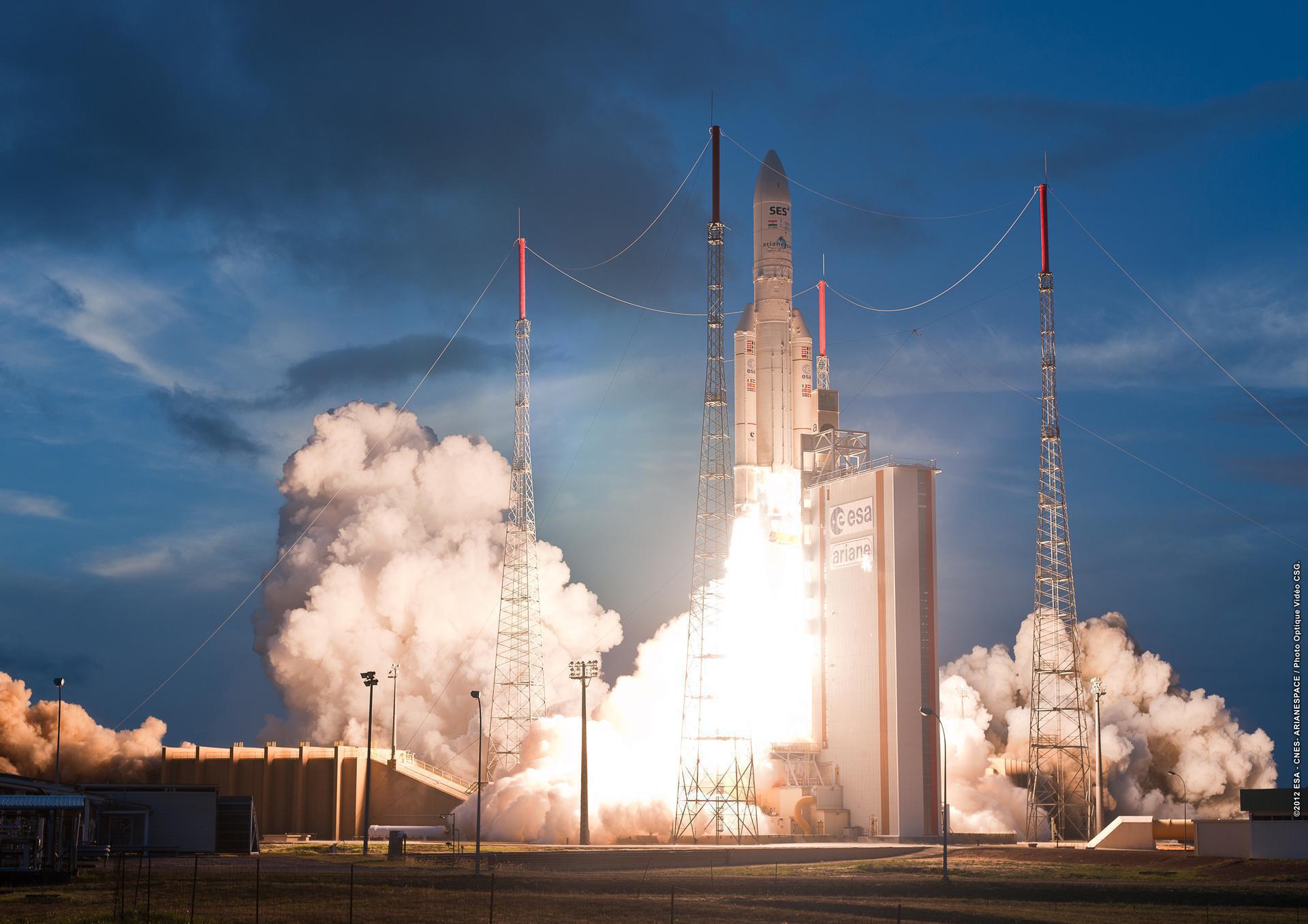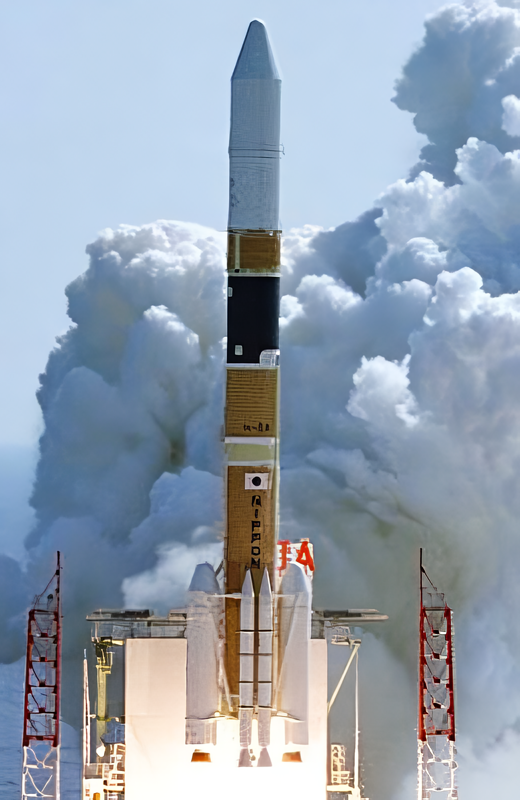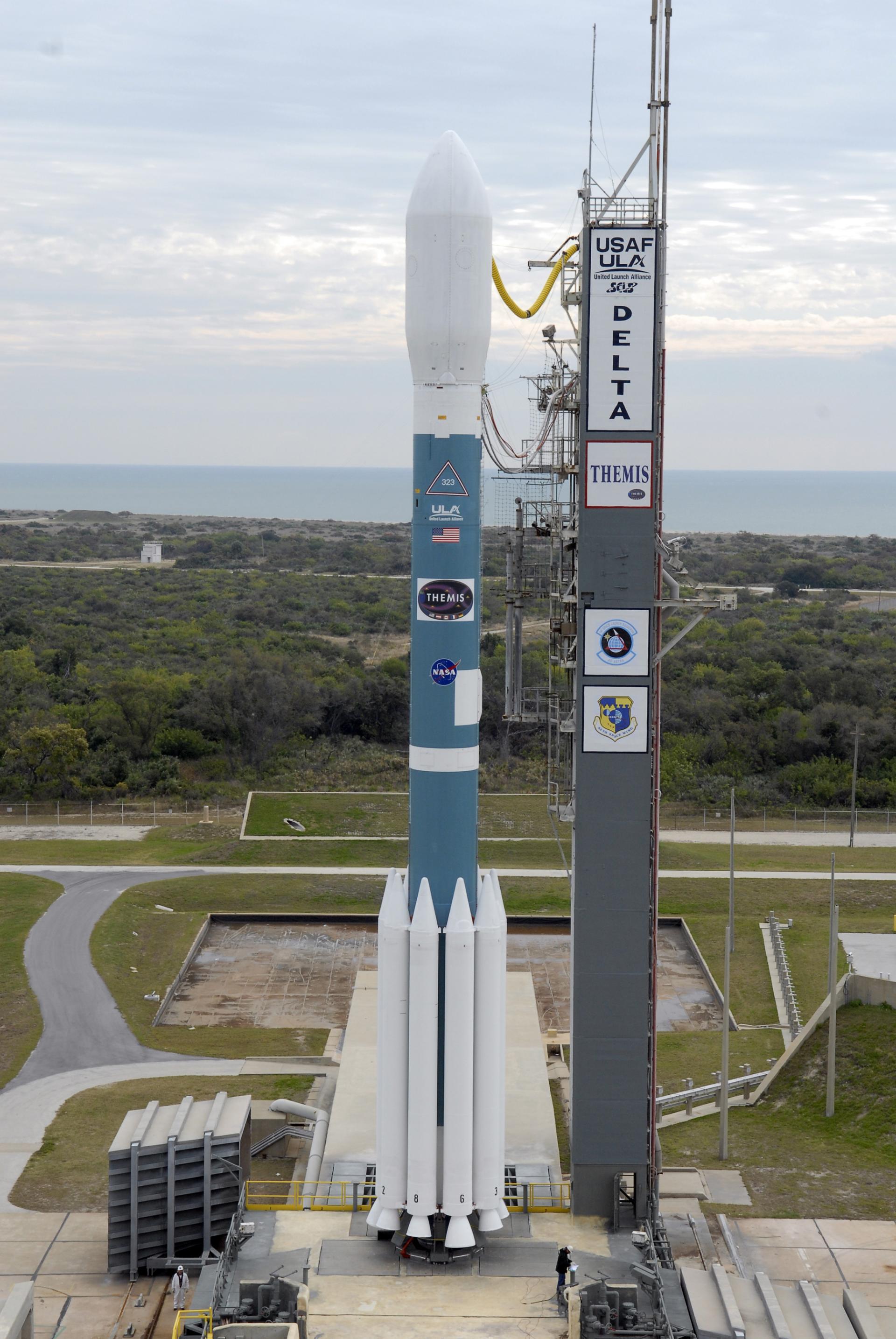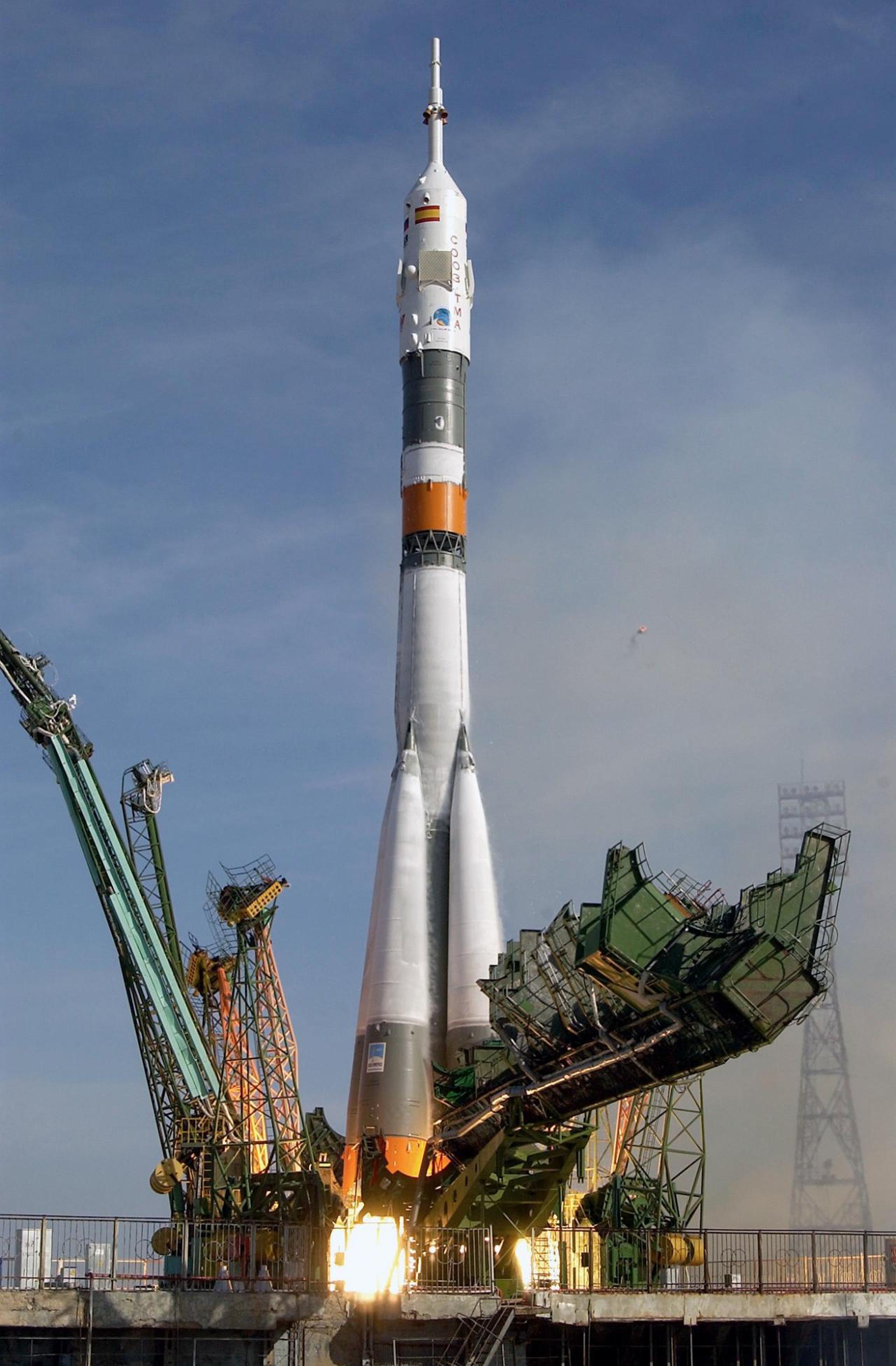Previous Spaceflight Launches
Filter by Agency, Locations or Vehicles
Show All LaunchesProton-M Briz-M | Anik F3
Khrunichev State Research and Production Space Center | RussiaBaikonur Cosmodrome, Republic of Kazakhstan
April 9, 2007, 10:54 p.m.
Soyuz-FG | Soyuz TMA-10
Progress Rocket Space Center | RussiaBaikonur Cosmodrome, Republic of Kazakhstan
April 7, 2007, 5:31 p.m.
Status: Launch Successful
Mission:
Soyuz TMA-10 begins Expedition 15 by carrying 3 astronauts and cosmonauts to the International Space Station. Russian Commander, cosmonaut Oleg Kotov alongside Flight Engineers, Fyodor Yurchikhin (RSA) & spaceflight participant Charles Simonyi (Space Adventures) will launch aboard the Soyuz spacecraft from the Baikonur Cosmodrome in Kazakhstan and then rendezvous with the station. It landed on October 21, 2007, 10:36 UTC
Low Earth OrbitFalcon 1 | DemoSat
SpaceX | United States of AmericaRonald Reagan Ballistic Missile Defense Test Site, Kwajalein Atoll, Marshall Islands
March 21, 2007, 1:10 a.m.
Ariane 5 ECA | Skynet 5A & INSAT-4B
ArianeGroup | FranceGuiana Space Centre, French Guiana
March 11, 2007, 10:03 p.m.
Status: Launch Successful
Mission:
Skynet 5A is a military communications satellite for the British Ministry of Defence and operated by Paradigm Secure Communications. It is located at 6 degrees East. Insat-4B is an indian communications satelite operating in geostationary orbit at 93.48 degrees East.
Geostationary Transfer OrbitAtlas V 401 | STP-1
United Launch Alliance | United States of AmericaCape Canaveral SFS, FL, USA
March 9, 2007, 3:10 a.m.
H-IIA 2024 | IGS Radar 2 & IGS Optical 3V
Mitsubishi Heavy Industries | JapanTanegashima Space Center, Japan
Feb. 24, 2007, 4:41 a.m.
Status: Launch Successful
Mission:
The IGS Radar 2 & Optical 3V (Intelligence Gathering Satellite) are Japanese radar and optical reconnaissance satellites. The satellites are operated by the Cabinet Satellite Information Center. The satellites serve both Japan's national defense and civil natural disaster monitoring.
Sun-Synchronous OrbitDelta II 7925-10C | THEMIS
United Launch Alliance | United States of AmericaCape Canaveral SFS, FL, USA
Feb. 17, 2007, 11:01 p.m.
Long March 3A | Beidou Daohang Shiyan Wei. 4
China Aerospace Science and Technology Corporation | ChinaXichang Satellite Launch Center, People's Republic of China
Feb. 2, 2007, 4:28 p.m.
Zenit | NSS 8
Sea Launch | RussiaSea Launch
Jan. 30, 2007, 11:22 p.m.
Soyuz U | Progress M-59
Russian Federal Space Agency (ROSCOSMOS) | RussiaBaikonur Cosmodrome, Republic of Kazakhstan
Jan. 18, 2007, 2:12 a.m.
